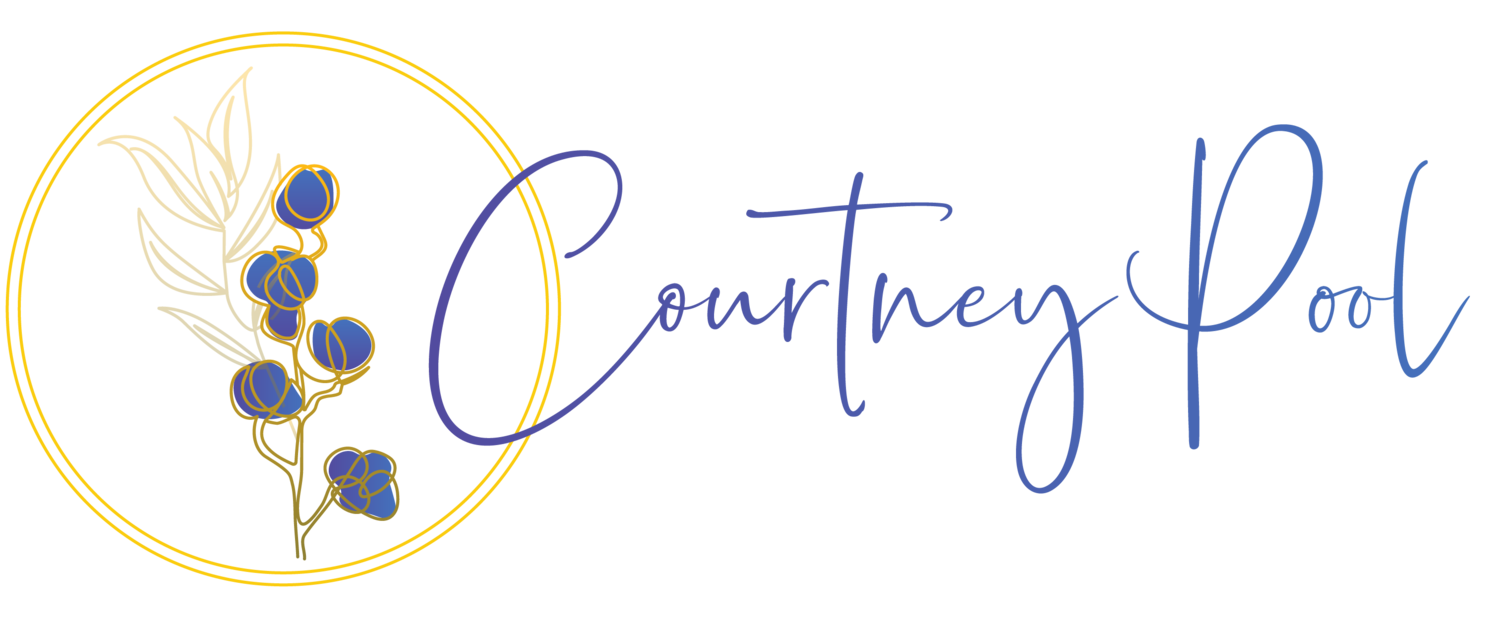Healing Compulsive Eating: What Are Cravings, Really?
How do you know if your cravings are physical or emotional? Here are some of the differences.
The word "craving" is defined as "a strong desire for something." So how can you know if your strong desire for a particular food is a desire coming from the physical body, or a desire coming from you emotionally, which may actually be a compulsive, addictive feeling?
To rule out the physical, it's just about looking at your diet logically. Are you eating enough daily calories for your body and your physical activity level? Are you having a well-balanced diet that includes health protein and fats and carbohydrates and vegetables? Are you drinking water?
Certainly, if you're starving yourself, your body will "crave" more food. If you aren't eating any healthy fat, your body will signal to you that it needs more fat. Same with other macronutrients and micronutrients.
The reality is, what we call "cravings" usually have an emotional component to them, and in many cases are solely emotionally-driven.
Even if the issue is that there is a physical deficiency you need to correct, why is there a desire to have lots of unhealthy types of food?
For example, perhaps you do need to eat more calories, but what causes you to binge on pastries rather than adding more calories through a big hearty salad with beans, avocado, and lots of veggies?
Maybe you do need to eat more protein, but what causes you to go for a burger rather than a lentil veggie soup?
There are times where part of our craving is physical, but then we use that to justify the addictive emotional part of our craving. It's kind of like saying, "Well I did need to drink more water and hydrate myself, so I went and got a big iced latte because there is some water in it from the ice."
Instead, compassionately and with gentleness, reflect on what the emotional component of your cravings might be. What do certain foods or quantities of food give you emotionally? What uncomfortable or painful emotions do they seem to subside? What are the emotional associations?
Photo by Mitchell Luo via Unsplash

